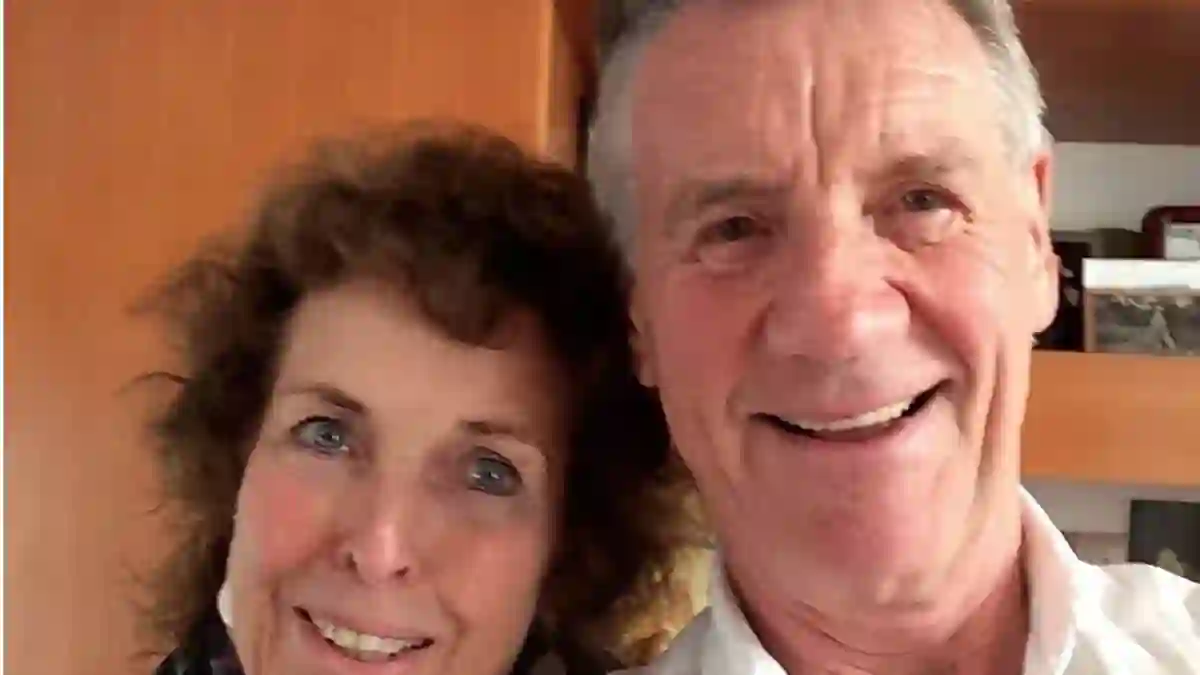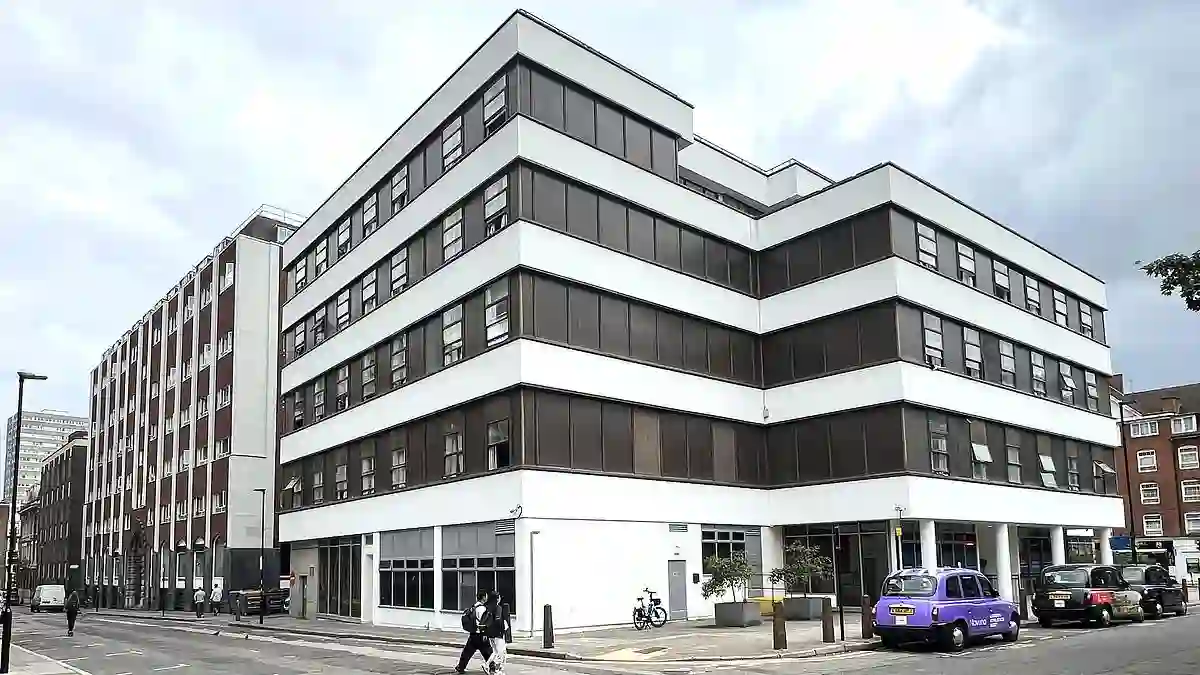Sir Michael Palin, the legendary Monty Python star and beloved British broadcaster, is no stranger to sharing stories with the world—but this time, it’s personal.
Following the heartbreaking death of his wife Helen in 2023, he’s now spoken publicly about both her final months and how he’s learning to navigate life without her.
A Frustrating Farewell: Helen’s Struggles with NHS Transport
Helen Gibbins, Michael’s wife of 57 years, passed away at the age of 80 after battling chronic kidney disease.
During her treatment at St Pancras Hospital in London, Michael says the couple faced constant issues—not with her medical care, but with the transport arranged to get her there.
“She depended on that service,” Michael said, explaining how unreliable the hospital transport had become.
“Sometimes they were an hour late. Sometimes they didn’t come at all. It made a hard time even harder.”
Although the service was handled by logistics firm DHL, the NHS has accepted full responsibility, saying in a public statement: “We’re deeply sorry Helen Palin had a poor experience of patient transport.
We’ve been working hard to improve this service—especially for dialysis patients—and will continue to do so.”
Learning to Let Go: Facing Mortality with Humor and Grace
Since losing Helen, Michael has been more open about his own mortality.
Appearing on the On the Marie Curie Couch podcast, he said Helen’s death prompted important conversations within the family about death, wills, and even passwords.
“I’ve made my will,” he shared casually. “And yes, my kids know all my passwords—just in case I get hit by a bus.”
His three adult children—Thomas, William, and Rachel—have embraced those conversations, even making light of the topic.
“They joke about being in the will. It helps us all be a bit more open.”
Looking Back on Love: A Life Built Together
Michael and Helen’s love story began when they were just 16, during a summer holiday in Suffolk.
He often speaks fondly of her dry wit and down-to-earth attitude, even at the height of his fame.
“She never let my head get too big,” he joked. “Once I rang her from the middle of Tibet, expecting her to be amazed.
She just said, ‘Where’s the plumber’s number? The boiler’s hissing again.’”
Helen supported him through a career that included comedy, travel documentaries, books, and acting.
Her death left a gaping hole—but also strengthened family bonds.
A Raw and Real Grief: Healing Takes Time
Michael admits that the days following Helen’s passing were some of the hardest he’s ever faced.
“There were moments when I didn’t think I’d get through it,” he said.
“Grief hit like a sucker punch—unexpected and overwhelming.”
But over time, with the support of family and a sense of humor intact, he’s found ways to carry on.
“Now, after two years, I can smile when I think about her. I haven’t put away any of her things. She’s still here, in so many ways.”
Death as a Conversation, Not a Taboo
One of the things Michael has made a point of encouraging is openness—especially with his grandchildren.
When they ask questions about death, or about when “Grandpa will die,” he answers honestly.
“They saw everything,” he said. “They were there with Helen, and they understood that she got sick, and her body stopped working.
That’s what happens. It’s not something we hide from them.”
A Reminder of Our Fragility
Michael, now 82, knows his own body isn’t invincible. After undergoing open heart surgery in 2019 to repair a valve, he became much more aware of physical decline.
“That operation saved my life,” he said. “And now, yeah, I get a little unsteady getting out of bed. I feel the rust creeping in.”
Still, he’s working, filming, writing—and staying optimistic.
“I don’t dwell on death. I dwell on life,” he said. “There’s still so much to do, even if it takes a bit longer.”
Legacy and Laughter
When asked how he wants to be remembered, Sir Michael keeps it simple.
“No pedestals, no monuments. Helen wouldn’t have stood for that,” he laughed.
“She just wanted to know if I could fix the tire.”
About Chronic Kidney Disease
Chronic kidney disease (CKD) is a gradual loss of kidney function.
Kidneys help remove waste from your blood and maintain fluid balance.
As they weaken, waste builds up, often without symptoms until it’s quite advanced.
People with CKD may experience fatigue, nausea, swelling in the legs, and trouble sleeping.
Dialysis or a transplant may be required in later stages.
Early diagnosis and lifestyle changes can slow its progression.
Regular testing is crucial, especially for older adults or those with high blood pressure or diabetes.

